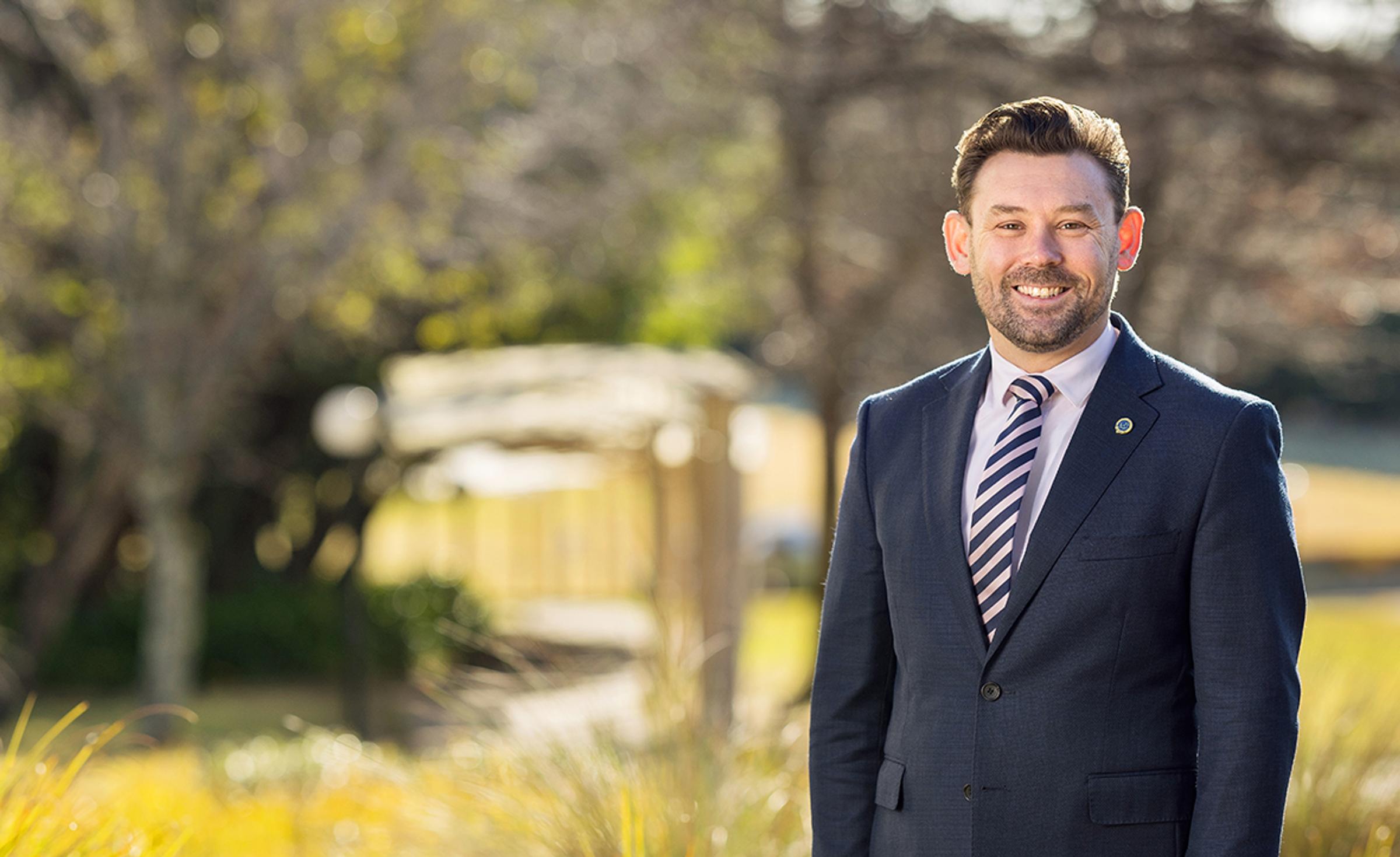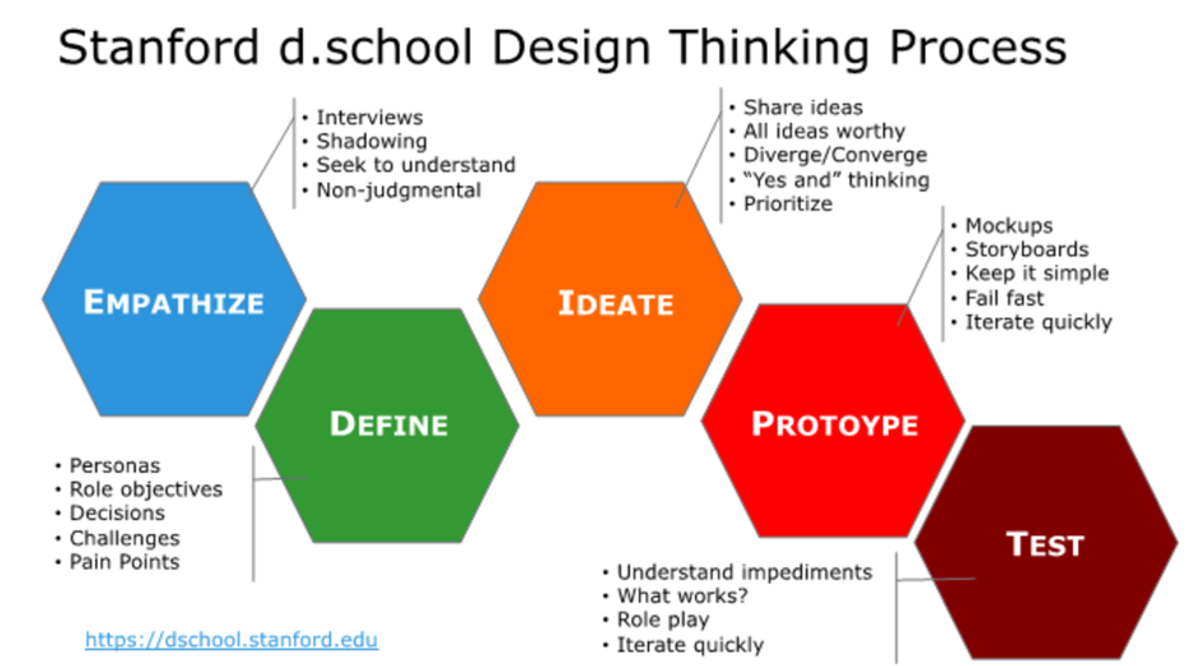From the Director of Innovative Pedagogies

Odyssey Showcase - Process Vs Product
Last Wednesday Year 7 had a very successful Odyssey Showcase night with 23 trade stalls, presentations and documentaries showing off the work the students had produced over the past 7 weeks. This showcase night was different to their previous event as it was a shorter project, students chose their own groups and there were fewer deliverable elements.
This learning project coupled areas of health (mental, physical, emotional etc.) with a people group who are at risk of lower health outcomes (Indigenous Australians, people born overseas, the elderly, people living in rural and remote areas etc.). Once students identified a health need and a people group, they began writing a driving question that would shape their prototype. The questions were developed by students, often because they had familial links to the topic. Linking personal experience with their learning is a key strategy to engage students as they can see that their work has purpose and a place daily life. They are able to empathise more and get real with design ideas as they understand the topics more specifically.
Some of the driving questions were:
- How can the Blue Mountains community help refugees access health care?
- What can be done to help elderly people with atrophy?
- How can we improve the lives of people living with PTSD and insomnia?
- How can we help wheelchair users with daily tasks such as grocery shopping?
- What are possible solutions to help blind teenage boys with their fitness?
To frame and shape this learning, the students used a Design Thinking process which brought a logical and sequential progression which was explicitly taught by the PBL team. The steps of the Design Thinking process are in the attached graphic attached.
I am immensely proud of the questions the students developed, their early designs, refinements and ability to act on feedback. One of the challenges many students found was emailing or contacting an agency linked to their people group and asking for feedback on their design. Students spent a lot of time crafting, editing and reworking their emails to ensure they were professional, friendly and direct. While some students received feedback from the organisations and agencies they contacted, some did not. This was a lesson in itself: How do you respond when you are not getting the communication you need?
The teaching team played a crucial role in this project, acting as guides rather than experts. They delivered the explicit content and formed up open-ended learning experiences that empowered students to apply their thinking to their chosen topic. This process-oriented learning has led to
- Deeper engagement and interaction with learning content.
- Improved of higher-order thinking and problem-solving skills.
- Development of peer and professional relationships.
- Fostering of 21st century skills like collaboration and communication.
- Enhanced autonomy and agency in learning.
- A sense of mastery and self-efficacy.
Congratulations Year 7. It was great to see the work you have developed, but more importantly the learning strategies and divergent thinking skills you are continuing to grow.
Christopher Sanders
Director of Innovative Pedagogies
